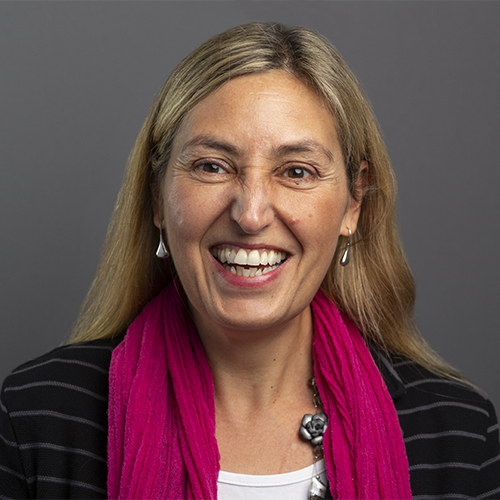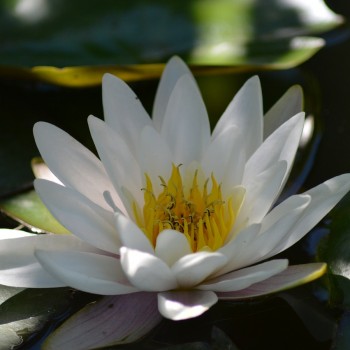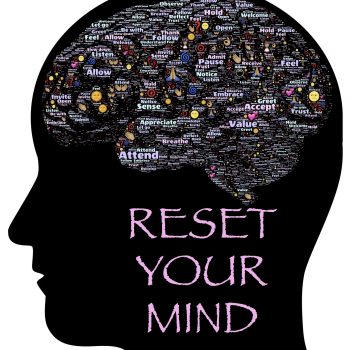
Self-awareness: Getting to know me, getting to know all about me
- Posted by Liz Gooster
- 0 Comments
- change, growth, self-awareness, self-deveopment, SPACE to Grow
How well do you know yourself? And does it matter if the answer is ‘not very well at all’? When we want to make changes or boost our performance it can be tempting to look outward for inspiration and to plunge into action straightaway. And if things are not going our way, it’s easy to blame other people. Yet there can be enormous value in looking inward too. I am not advocating abstract navel-gazing here, far from it. The ‘A’ of my SPACE to Grow framework is for Action, so we’ll get there soon! However in this second post in my SPACE to Grow series, my perspective is on the ‘S’. My key point here is that through deepening our self-awareness we can create a platform of valuable knowledge from which to cultivate appropriate mindsets and launch effective actions.
Self-knowledge as a platform for change
Greater self-knowledge gives us a more accurate sense of what helps us perform at our best – and of what might hold us back. It helps us own our strengths, weaknesses and the potential impact of our behaviours. We can then begin to operate with a greater sense of ease, confidence and creativity. We become more able to dial up the characteristics that are most likely to get us the results we want, and turn down the volume on those that might get in the way in the present situation. I’m not suggesting we try to change our innate personality (which most psychologists believe is not really possible anyway), just that knowing what makes us tick can help us choose our behaviour. Something many leaders and executives are concerned about is being authentic, so growing your self-awareness also enables you to speak and act from a place that is genuinely you.
As well as honestly recognising your strengths and weaknesses, self-awareness includes identifying your habitual patterns; exploring and challenging your limiting assumptions; identifying your values and purpose; and acknowledging what others’ perceptions of you might be. So how can you begin to take possession of this valuable commodity? Psychometric tests (psychological diagnostics designed to describe our personality, skills or preferences) can be a helpful starting point for some. If you are interested in how others see you, seeking their feedback through something like a 360 exercise might be useful. Working with a coach who holds up the mirror to help you see yourself more fully can shed light on some of your patterns of thinking and behaving. And other reflective practices such as mindfulness tend to generate higher levels of self-awareness because they encourage us to notice what’s really going on in our minds and bodies, rather than disregarding our inner signals.
Self-awareness in practice
How can it help in practice? As an example, one of my clients, let’s call her Samantha, a successful lawyer, noted that she was feeling lower levels of energy and motivation than would be typical for her. While discussing what was happening in the work environment, she observed that although she was busy and working hard on a number of individual tasks, she didn’t have the constant buzz of meetings and phone calls that came with being involved in a big collaborative project. As an extrovert, she draws energy from interactions with other people and she didn’t have enough of this at the moment. This resulted in her feeling heavy and listless. Armed with this insight, she began to develop plans to ensure she got enough contact with others. She decided to mix in more client visits and business development conversations alongside the more focused desk work that was demanding a lot of her attention. In this way, she used her self-awareness to boost her mental energy. By connecting to ‘E’ for energy, Samantha’s story also illustrates how the different elements of the SPACE to grow framework are in reality not separate, but intricately bound together in a dynamic interplay.
The whole concept of SPACE to grow came out of my own recognition that while I am energised by being busy and being around other people – talking, laughing, sharing ideas – to really flourish I need to balance this with having a bit of space around the edges. When my diary is packed to the gills with meetings, call and events, I can feel productive and stimulated, even on a bit of a high. But then I begin to crave a pause for thought. I need quiet time to reflect, read, recharge, to catch up on the little but essential things that I neglect when I get too busy. I’m more aware now of the signs when my balance isn’t quite right. Too much ‘busy-ness’ and I begin to feel irritable, resentful, preoccupied with trivial details. Too little activity and I start to feel flat and unmotivated. Either way, these insights help me find ways to tip the balance back before things get out of hand.
Self-awareness and better relationships
Being curious about ourselves can also help foster a similar interest in others. Being open to and aware of the differences between people is a great way to build more productive and enjoyable relationships. It’s easier to relate to others if we already know ourselves, because we’re more conscious of overlaps and divergences in our styles. We can be more alert to how our own biases might colour a situation. If we recognise when someone is inadvertently pushing our buttons, we can choose to respond positively or neutrally rather than defensively or aggressively. So self-awareness is also a great place to begin if we’re keen to build our ‘soft skills’ or emotional intelligence (EQ). It’s the starting point for most other change too. One area that many of us would benefit from working on is a positive mind-set, and my next post will focus on this, so watch this space!
If you enjoyed this post, you might also like:
- SPACE to Grow: How to change for the better, my overview post on the SPACE to Grow framework
- The Six and a Half Hour Breathing Space – my experience of a silent mindfulness day
- The official Myers-Briggs site at OPP – the MBTI instrument is probably the most widely used personality assessment tools to give you insights into what makes you tick
- The R2 StrengthsProfiler page – a popular tool to help you identify your strengths, weaknesses and learned behaviours
- Know Thyself: How to develop self-awareness – a brief article in Psychology Today by Harvard Professor Bill George
- The pioneering work of Daniel Goleman on Emotional Intelligence is also very relevant here

I like to describe myself as happily ‘At Large’ in an independent portfolio career, balancing coaching, leadership development, coach training and being a mum to my young daughter. Positive psychology is a big influence on my work and I’ve recently gained an MSc in Applied Positive Psychology & Coaching Psychology from the University of East London. My interests include reading, writing, travel, yoga, Zumba, coffee and wine! Connect with me on LinkedIn and sign up for my newsletter, Positive Intentions.



0 Comments